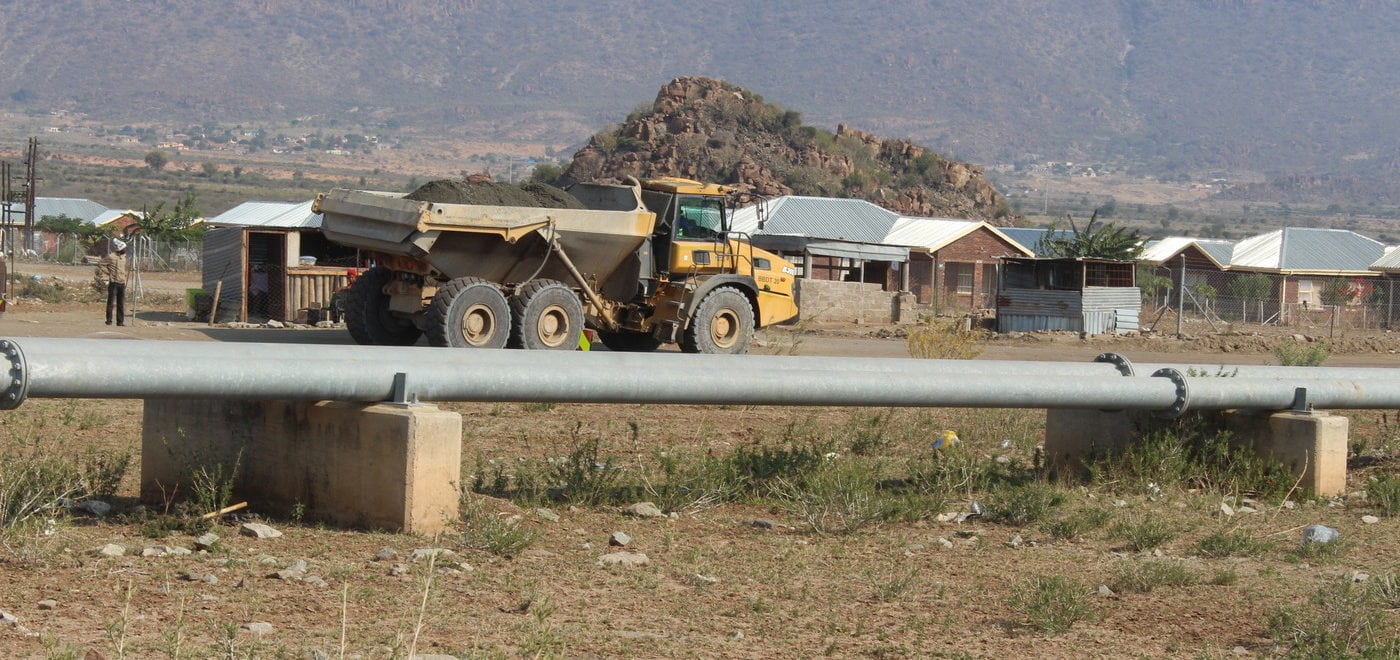For over 10 years, we have campaigned against biofuels policies that drive agribusiness expansion and deforestation and contribute to hunger and poverty, land grabbing, and climate change. Biofuels like corn ethanol have been shown to be false solutions to climate change, and biofuels policies like the Renewable Fuel Standard have ultimately failed to improve the situation for family farmers and rural communities because these policies don’t address the root causes of how agribusiness takes advantage of them. But biofuels policies continue to be upheld and promoted.
One of the main reasons that biofuels policies continue to receive support is that our agriculture policies are incredibly broken. Family farmers are struggling and going out of business as agribusiness corporations announce massive profits and mega-mergers, giving a handful of corporations control over the entire food and agriculture system.
With corporations holding so much power over farmers and determining how much they will pay for their crops, farmers are driven to compete against each other to produce as much as possible for as little as possible. Farmers must either “get big or get out.” Facing such dire circumstances, many farmers mistakenly hope that a biofuels boom can increase demand for their crops and help their bottom line.
But without rebalancing power in the food system and ensuring that agribusiness corporations pay farmers a fair price, just like companies must pay their workers a fair minimum wage, any program like biofuels policies that increase demand will only bring short-term benefits. In fact, farmers did do well for a few years when biofuels mandates were introduced. But production has now caught up to demand, and today farmers are doing worse than before. Additionally, with corporations controlling so much of agriculture, they can just charge farmers more for their seeds, machinery, and chemicals and take back any increased revenue that farmers get from higher prices.
Biofuels mandates won’t help farmers long-term. Only transformative policy that puts farmers and eaters ahead of corporate domination will.
This means that stopping increases in hunger, land grabbing, and climate change isn’t just about stopping biofuels expansion. It is also about changing the entire model of agriculture.
The Food and Farm Bill is the massive piece of legislation that sets U.S. food and farm policies, from food assistance programs like the Supplemental Food Assistance Program (SNAP) and the international Food for Peace Program, to local agriculture programs that support farmers markets and small-scale farms, to programs for agricultural research and environmental protection, and even to crop insurance and farm loans.
However, the Farm Bill has changed a lot since it was first passed during the Great Depression. Back then, its primary goal was to protect farmers from agribusiness corporations, ensuring that those corporations paid farmers a fair price. Today, however, the Farm Bill subsidizes the ability of those corporations to pay farmers as little as they can. No longer requiring corporations to pay farmers fair prices, U.S. legislation is empowering agribusiness and its destructive model of farming to spread all over the world.
The agribusiness model is a threat to us all. Right now, global hunger is increasing, climate change is spinning out of control, and industrial agriculture is estimated to contribute about a third of all greenhouse emissions. Land grabbing is now seen as a legitimate investment strategy for some of the most respected companies in the financial sector.
Transforming our food and agriculture policies – to end hunger, to ensure rural livelihoods and human rights, and to address climate change – will require making widespread change to the Food and Farm Bill. But before we can do that, we need to push back against new attempts to make farm policy even worse for people and the planet.
Conservatives in Congress are pushing for extreme cuts to SNAP and environmental and conservation programs, while favoring agribusiness over family farmers. Putting corporate interests over basic human rights, these policies would undermine farmers and rural communities.
At the same time, new policies to protect farmers of color who have faced systematic discrimination and lost their farms as a result can potentially make it into this Farm Bill, and existing policies that help beginning farmers and farmers of color can be strengthened. In particular, the version of the Farm Bill supported by the Senate increases funding for the Beginning Farmers and Ranchers program and the Outreach to Socially Disadvantaged Farmers and Ranchers program, both of which are critical to supporting the next generation of farmers and farmers of color.
The Senate version of the Farm Bill would also allow farmers producing on so-called “heirs’ property” – land whose owner passed away without leaving a will or assigning an executor, meaning the land is owned by all heirs – to be eligible for USDA farm programs, which they were previously unable to access. This means that farmland can stay in families, and that young and beginning farmers can farm their families’ land.
Congress needs to pass a new Farm Bill by the end of September. If they can’t, many great programs and their sources of funding will also expire. This would be devastating to many communities working to ensure community food security and food and environmental justice.
This month, we need to stop the immediate threats to farmers in the current Farm Bill. We need to make sure that the policy that is passed does not do more damage to people and the planet. And over the long-term, we need to rein in corporate monopoly power in the food system. Farmers need fair prices and workers need fair wages to afford food. This country needs to invest in agricultural research that prioritizes sustainability and health and strengthening local food economies that create good, green jobs for everyone. None of us can do this alone. It will take a large, collective effort. We are ready for it, and we are already starting to build it.



